National Assembly deputies highly appreciated the draft Political Report of the 13th Party Central Committee submitted to the 14th National Congress; emphasizing that the draft Report clearly demonstrated vision, strategic thinking and spirit of innovation.
In particular, National Assembly Deputy Le Hoang Anh (Gia Lai) said that the content on "strategic autonomy" is a highlight with profound theoretical and practical significance, reflecting a new development step in the Party's leadership thinking in the context of a rapidly changing, complex, and unpredictable world .
Strategic autonomy – from independence, self-reliance to the capacity to shape the future
Delegate Le Hoang Anh pointed out that, if in the past, "autonomy" was mainly understood as independence and self-reliance in politics, economy and national defense, then in the current period, "strategic autonomy" needs to be understood at a higher level - that is, the capacity to self-shape development space, self-make policy decisions based on national interests, in the context of globalization, interdependence in technology, energy, finance and data.
"Strategic autonomy is not isolation, but the ability to stand firm, adapt and lead in a volatile world. A country with strategic autonomy is a country that is deeply integrated but not dominated; cooperates widely but maintains its own character, orientation and core interests," the delegate emphasized.
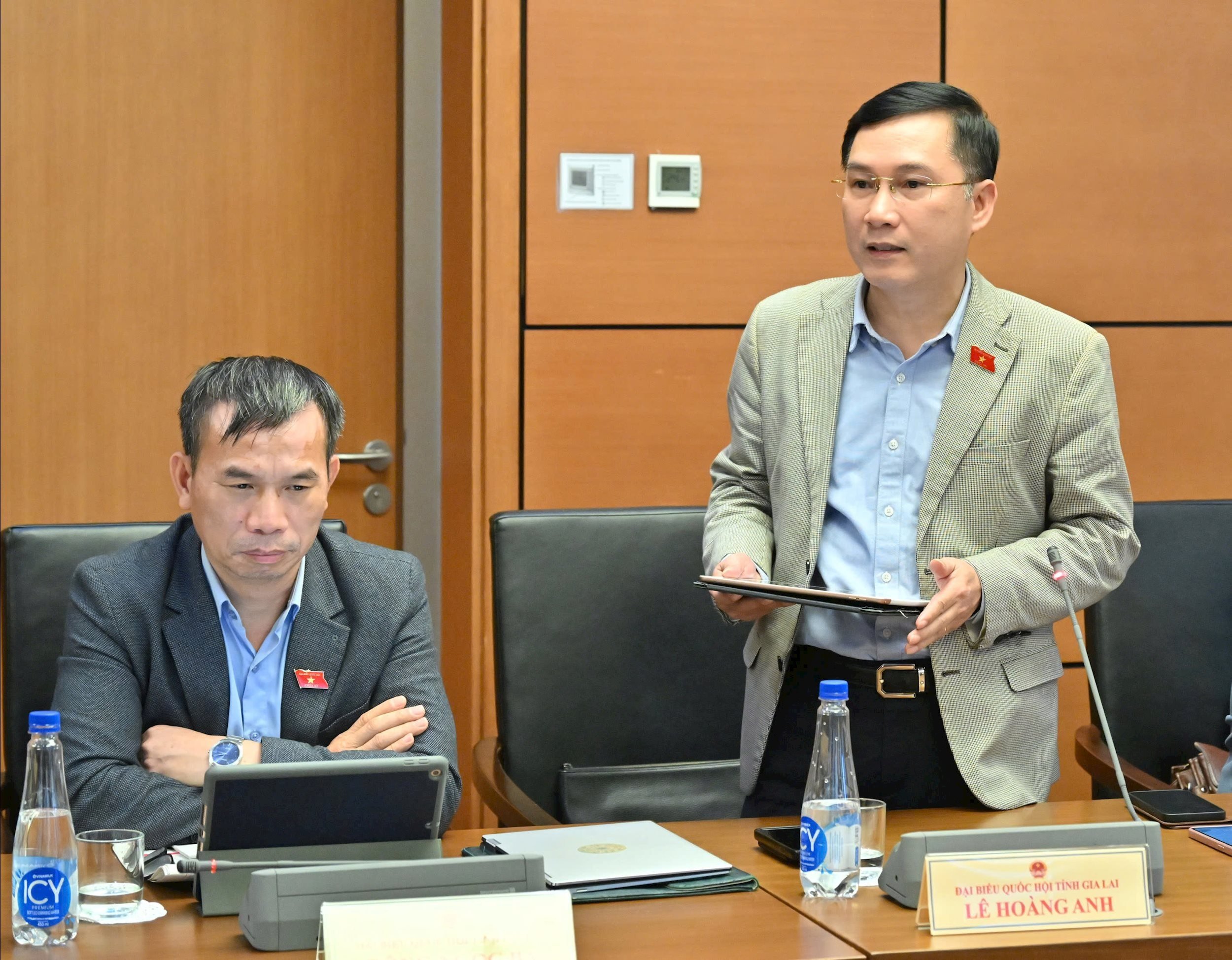
National Assembly Delegate Le Hoang Anh (Gia Lai) speaks at Group 5. Photo: Quang Khanh
Delegate Le Hoang Anh said that successful countries have laid the foundation for the capacity of “strategic autonomy”. For example, South Korea has built technological strategic autonomy, mastered semiconductors, artificial intelligence and smart defense. Singapore has developed institutional autonomy, maintaining its position as a financial and technological center despite its small scale. Israel considers innovation as a “soft weapon” of autonomy. The European Union has implemented “open strategic autonomy” to reduce dependence on energy, technology and supply chains.
"The general trend is: "No country is absolutely independent, but every country must be strategically autonomous if it wants to develop sustainably in an uncertain world. For Vietnam, this requirement is even more urgent when strategic competition between major countries is increasingly fierce; the 4.0 industrial revolution reshapes the economic, technological and knowledge order and new forms of "security" - such as data security, energy security, institutional security - become vital factors for every country", the delegate analyzed.
Clarify the scope, components and implementation mechanism of "strategic autonomy"
Studying the draft document, delegate Le Hoang Anh said that the draft document has stated the right major orientation, but needs to clarify the scope, components and implementation mechanism of "strategic autonomy". Currently, the Report only focuses on "strengthening internal strength, promoting comprehensive strength" , but has not clearly stated: how strategic autonomy in technology, data, finance and institutions will be built; how to reduce strategic dependence by what mechanism; and who is the central agency responsible for research, forecasting, strategic advice, coordination and strategic action in the national system.
To continue perfecting the viewpoints, tasks and solutions on "strategic autonomy", delegate Le Hoang Anh proposed four major issues:
Firstly, improving awareness. Delegates proposed to add the following content to the Report: “Strategic autonomy is the national capacity to maintain independence in planning and implementing strategic decisions, on the basis of combined strength, innovation and political mettle - Vietnamese cultural traditions”.
Second, identify three pillars of strategic autonomy including: (1) Economic - technological autonomy: Mastering digital infrastructure, energy, supply chains and core technologies; (2) Institutional - legal autonomy: Building a stable, constructive legal system, flexible policies, not dependent on foreign models; (3) Autonomy in strategic thinking: Improving the capacity to analyze, forecast, make quick and independent decisions based on data and strategic information.
Third, the key tasks until 2035, according to delegate Le Hoang Anh, are to focus on building a national technology and data sovereignty strategy; developing strategic human resources; establishing a national strategic forecasting and analysis system; and building a multi-layered strategic reserve mechanism. At the same time, strengthening the Central Policy and Strategy Committee to advise the Politburo and the Central Executive Committee; researching organizational models in the Government to deploy effective, synchronous, and responsive national strategic coordination actions to global fluctuations.
Fourth is to link strategic autonomy with proactive integration: Autonomy is not opposed to integration. Vietnam needs “autonomy in integration” and “integration to strengthen autonomy”, as South Korea and Singapore have done - both to protect national interests and to enhance its position in the global value chain.
Strategic autonomy is demonstrated by strong institutions, strong technology and strong people.
Regarding the strategic vision to 2045, Delegate Le Hoang Anh emphasized that in the era of globalization and the new industrial revolution, "strategic autonomy" is an inevitable development step, a modern form of the value of national independence - where the spirit of "nothing is more precious than independence and freedom" is concretized by the ability to self-position, self-regulate, self-adapt and self-lead national interests in the new world order.
The value of national independence is therefore inseparable, but is consolidated and developed in the goal of building socialism - the only path to ensure a truly self-reliant country, a truly independent nation, and true mastery of the people.
Vietnam can only truly become a powerful country with a position in the region and the world when it achieves strategic autonomy - that is: not being caught up in the competitive vortex of major countries; not depending on external technology, energy or finance; and always mastering the country's long-term development orientation.
"Thus, "strategic autonomy" is not only a political ideology of the new era but must become a national capacity for action, demonstrated by strong institutions, strong technology and strong people. If institutionalized more clearly in this Political Report, this will be the foundation for our Party to lead the country into a new stage of development - independent, creative, self-reliant, prosperous, happy and steadfast in all international fluctuations, achieving and surpassing the two-hundred-year goals and targets: founding the Party and founding the Socialist Republic of Vietnam", delegate Le Hoang Anh emphasized.
Source: https://daibieunhandan.vn/tu-chu-chien-luoc-phai-tro-thanh-nang-luc-hanh-dong-quoc-gia-10394339.html


![[Photo] Ho Chi Minh City Youth Take Action for a Cleaner Environment](https://vphoto.vietnam.vn/thumb/1200x675/vietnam/resource/IMAGE/2025/11/04/1762233574890_550816358-1108586934787014-6430522970717297480-n-1-jpg.webp)
![[Photo] Panorama of the Patriotic Emulation Congress of Nhan Dan Newspaper for the period 2025-2030](https://vphoto.vietnam.vn/thumb/1200x675/vietnam/resource/IMAGE/2025/11/04/1762252775462_ndo_br_dhthiduayeuncbaond-6125-jpg.webp)


![[Photo] Ca Mau "struggling" to cope with the highest tide of the year, forecast to exceed alert level 3](https://vphoto.vietnam.vn/thumb/1200x675/vietnam/resource/IMAGE/2025/11/04/1762235371445_ndo_br_trieu-cuong-2-6486-jpg.webp)
![[Photo] The road connecting Dong Nai with Ho Chi Minh City is still unfinished after 5 years of construction.](https://vphoto.vietnam.vn/thumb/1200x675/vietnam/resource/IMAGE/2025/11/04/1762241675985_ndo_br_dji-20251104104418-0635-d-resize-1295-jpg.webp)




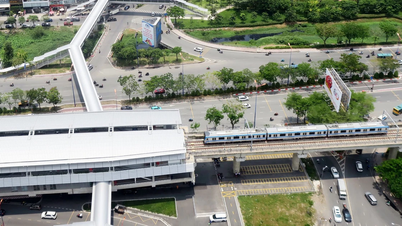

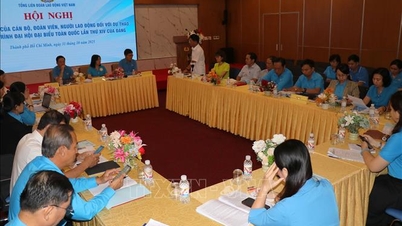

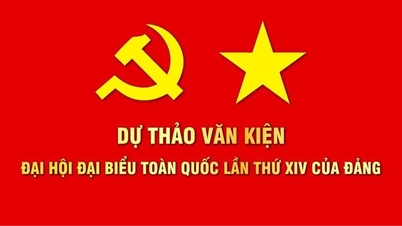
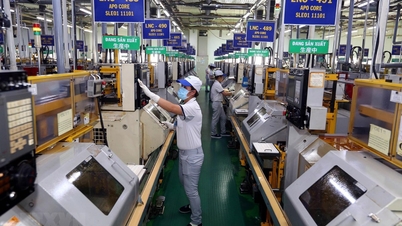
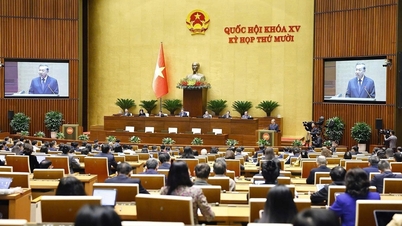

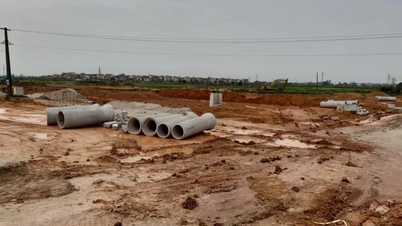



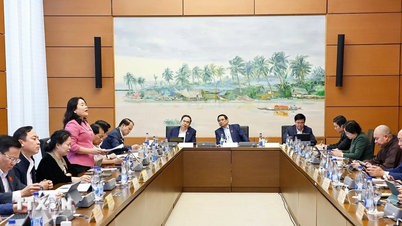
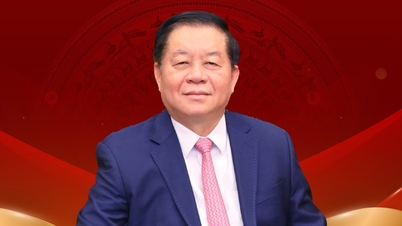






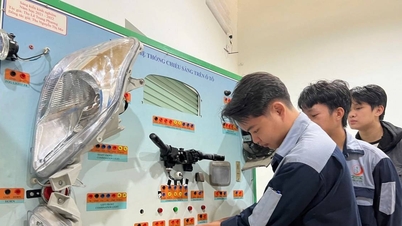
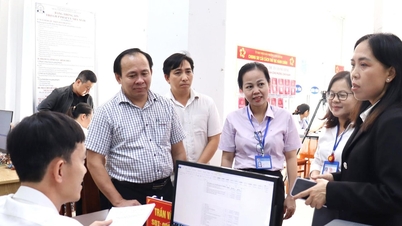
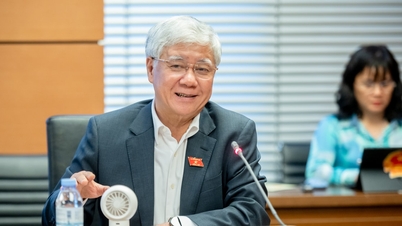
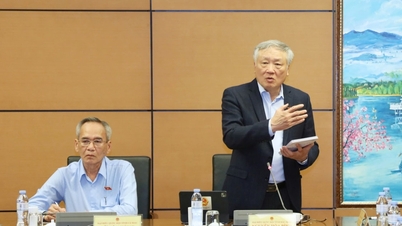
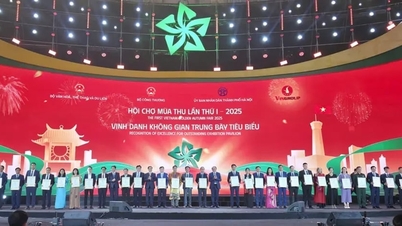


































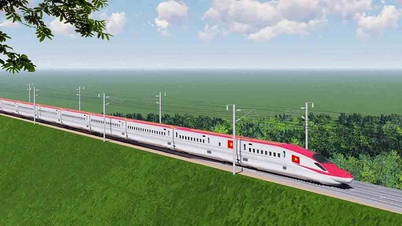
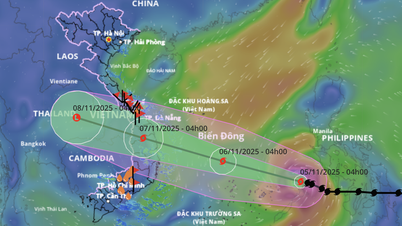
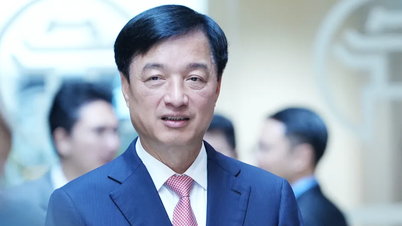

































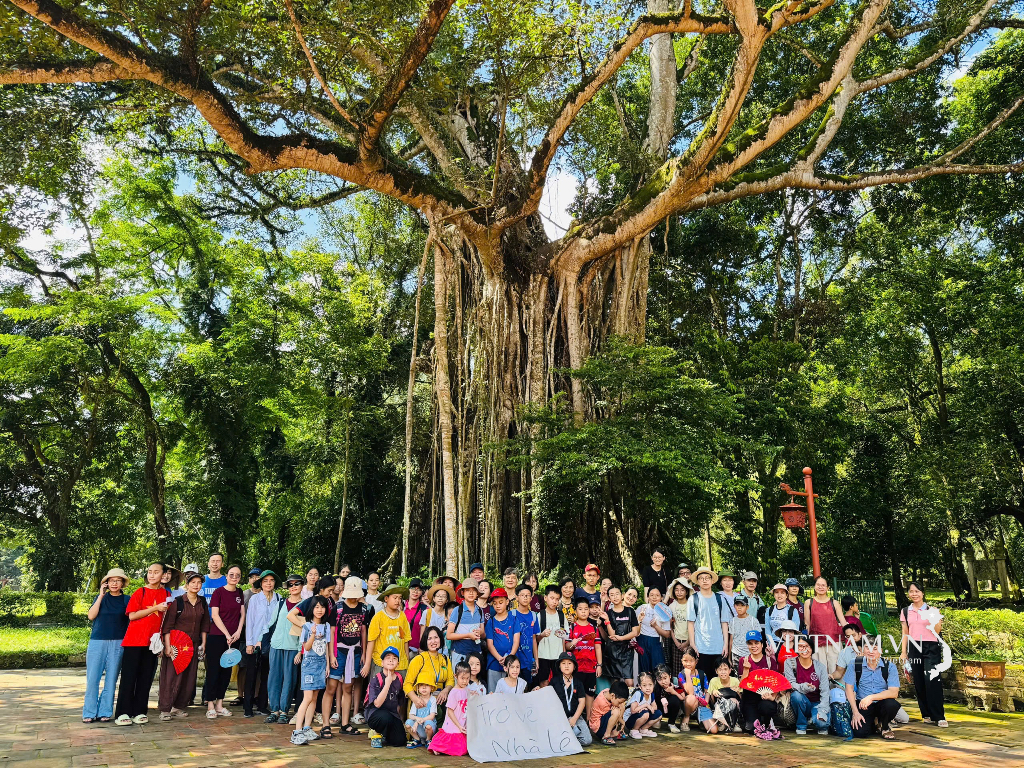
Comment (0)